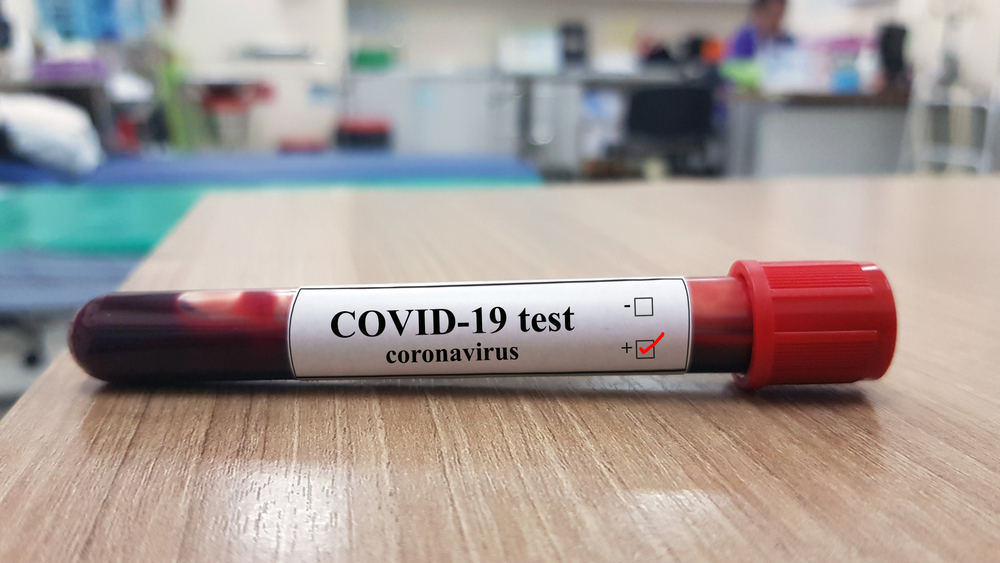
A new diagnostic developed by Cepheid gained advanced development support from the U.S. Departments of Health and Human Services (HHS) and Defense (DoD) this week, pledging potential COVID-19 testing times of just 45 minutes.
Developed for use on another Cepheid product, the GeneXpert diagnostic platform, the new test is designed for use in clinical and hospital labs alike. Optimization and validation of the test have already been completed, prompting an emergency use authorization by the U.S. Food and Drug Administration (FDA).
For this partnership, the HHS’s Biomedical Advanced Research and Development Authority (BARDA), will provide around $3.7 million in initial funding to Cepheid, complemented with technical expertise.
“Diagnostics that provide rapid results at the point-of-care are essential to healthcare professionals in making treatment decisions, to patients in guiding their actions to curb the spread of infections, and to public health officials in their community-based efforts to mitigate coronavirus outbreaks,” BARDA Director Rick Bright said. “We have been working quickly with counterparts across the U.S. government to identify potential products for advanced development, and we are grateful to the JPEO and Cepheid for collaborating with us to move this forward.”
Additional funds could be provided as the program proceeds. It builds off an existing, 18-month-old agreement between the company and the DoD’s Joint Program Executive Office for Chemical, Biological, Radiological, and Nuclear Defense (JPEO-CBRND).
“As part of our mission to protect soldiers, sailors, airmen, and Marines from CBRN threats, the JPEO-CBRND works with the private sector to develop and modernize diagnostics capabilities against biological threats,” Douglas Bryce, Joint Program Executive Officer for CBRN Defense, said. “Through leveraging expertise across the government, both the efforts and outcomes achieve greater success. We are extremely pleased to assist BARDA in our nation’s effort to provide COVID-19, novel or emerging coronavirus diagnostic tests to our nation’s healthcare providers and public health officials.”
The three organizations also indicated interest in collaborating on another test in the future: a diagnostic that could differentiate between human coronaviruses and detect new ones.




